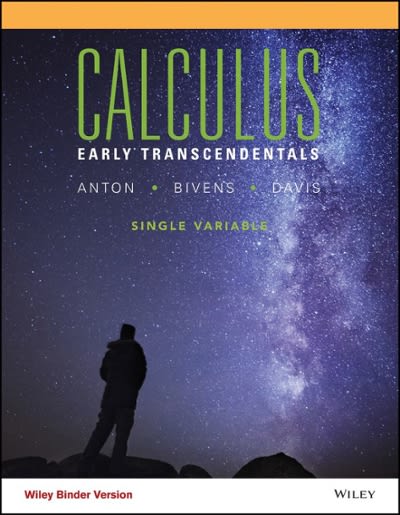Question
From Michael Branicky comes a challenge involve many, many dice: I have five kinds of fair Platonic dice: tetrahedra (whose faces are numbered 1-4), cubes
From Michael Branicky comes a challenge involve many, many dice:
I have five kinds of fair Platonic dice: tetrahedra (whose faces are numbered 1-4), cubes (numbered 1-6), octahedra (numbered 1-8), dodecahedra (numbered 1-12) and icosahedra (numbered 1-20).2
When I roll two of the cubes, there is a single most likely sum: seven. But when I roll one cube and two tetrahedra, there is no single most likely sum eight and nine are both equally likely.
Which whole numbers are never the single most likely sum, no matter which combinations of dice I pick?
Step by Step Solution
There are 3 Steps involved in it
Step: 1

Get Instant Access to Expert-Tailored Solutions
See step-by-step solutions with expert insights and AI powered tools for academic success
Step: 2

Step: 3

Ace Your Homework with AI
Get the answers you need in no time with our AI-driven, step-by-step assistance
Get Started


